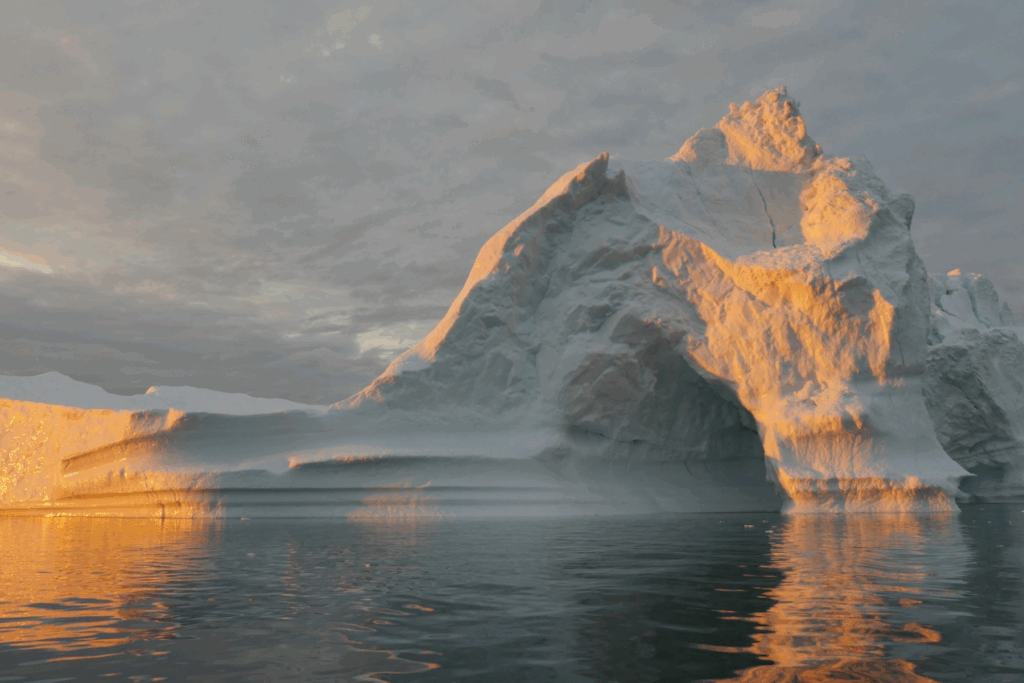Are you interested in improving your coverage of climate change? If you feel that your reporting often focuses only on problems, without offering a complete picture of possible responses, this course is for you.
The new free online course "Climate Solutions Journalism," running from Aug. 18-31, 2025 in Spanish, will help you develop more rigorous and constructive reporting focused on responses to this global crisis.
This course is a collaboration between the Knight Center for Journalism in the Americas and the Solutions Journalism Network. It will be led by renowned journalist Hugo Balta, executive editor of Fulcrum and editor of the Latino News Network (LNN). He has extensive experience in editorial leadership and diversity in the media and is also an accredited solutions journalism instructor from the Solutions Journalism Network.

For two weeks, you'll learn how to incorporate the principles of solutions journalism into your work, with an emphasis on climate coverage. You'll discover how to go beyond pointing out problems and begin telling credible, evidence-based stories that explain how people, communities and organizations are responding to climate challenges, always with a critical eye toward their limitations.
As part of the course content, you'll have access to exclusive interviews with two special guests: Laura Mejía Sanín, director of IFMNOTICIAS, journalist and communications strategy specialist, and Ariel Rodríguez, meteorologist and environmental reporter for WSCV Telemundo 51. Both conversations offer valuable perspectives on how to approach climate coverage from different contexts and experiences.
"Climate Solutions Journalism" is aimed at journalists, editors, communications students and anyone interested in incorporating a solutions-based approach into their coverage of climate change. No prior knowledge of the topic is required; just a willingness to learn a new way of reporting.
The course offers a flexible learning experience that includes video lectures, interviews, readings, discussion forums and quizzes. It's designed to allow you to progress at your own pace, adapting the course to your schedule. There will also be weekly live sessions, recorded for those unable to attend in real time. Upon fulfilling the requirements, you'll receive a free certificate of completion.
At the end of the course, participants will be invited to complete a self-assessment survey on their media practices, as part of a follow-up initiative by the Solutions Journalism Network.
This course is a unique opportunity to explore a new way of reporting on the climate crisis: with rigor, depth and attention to the answers. You can register now at journalismcourses.org. We look forward to seeing you!